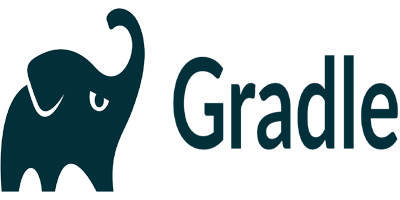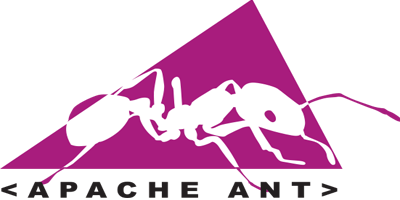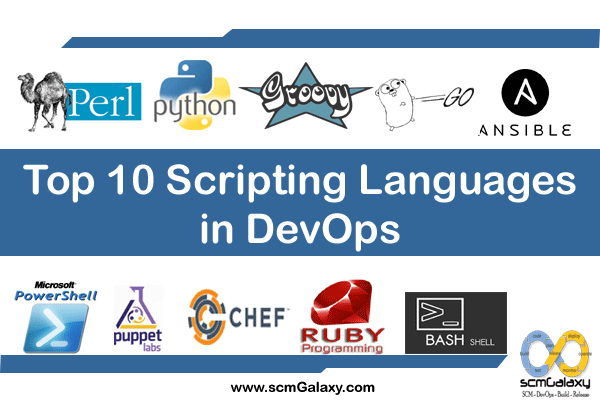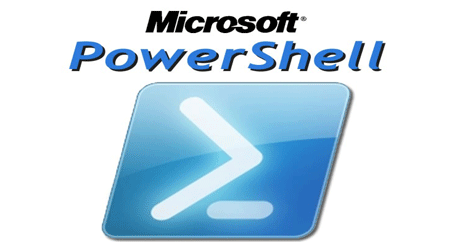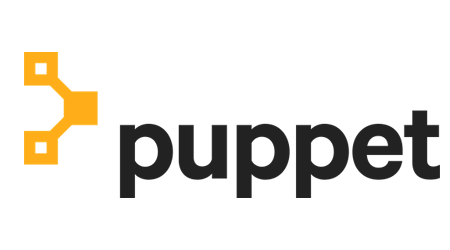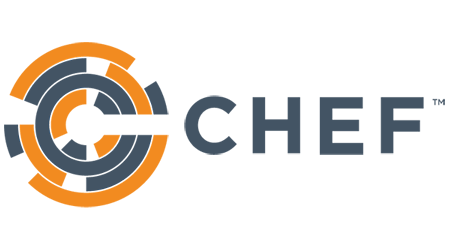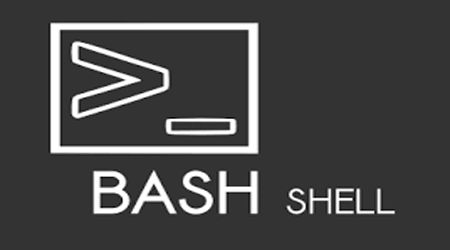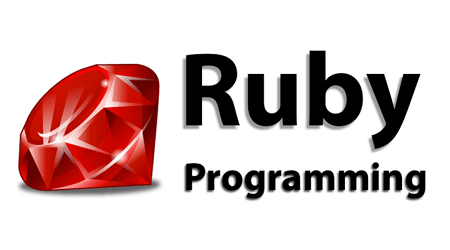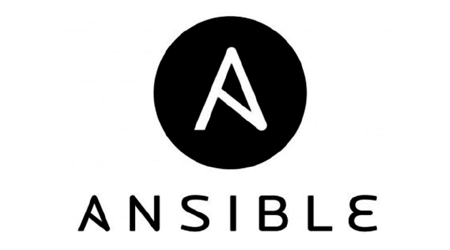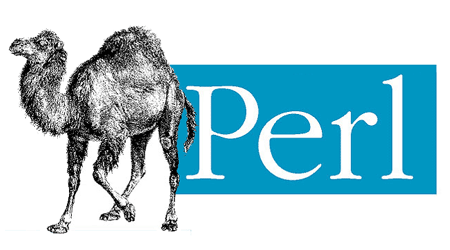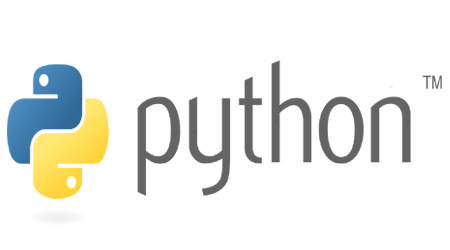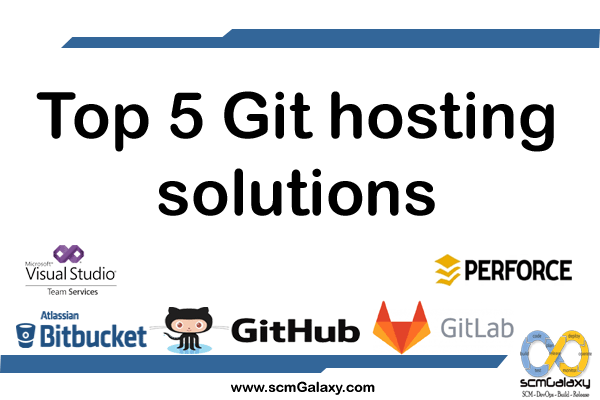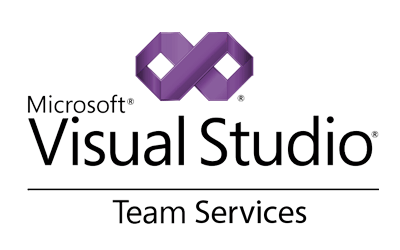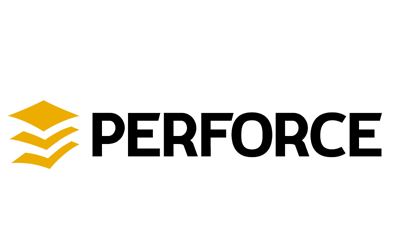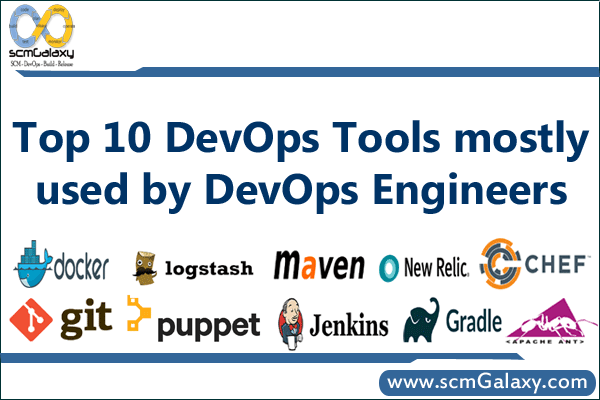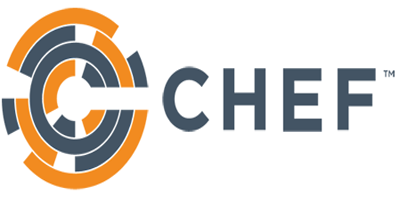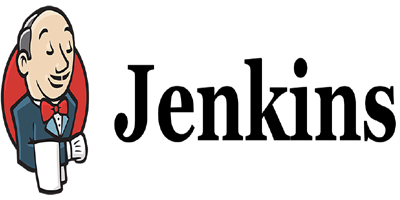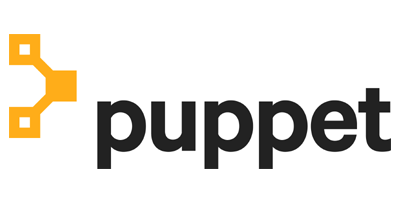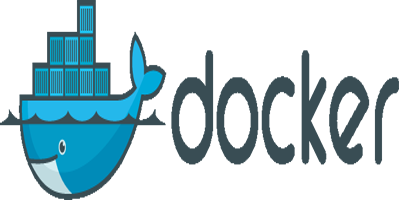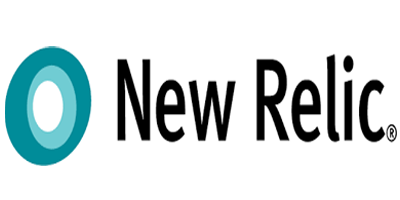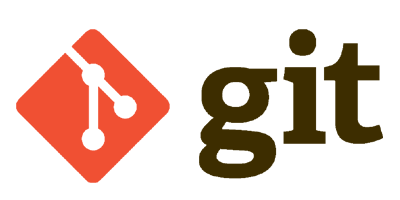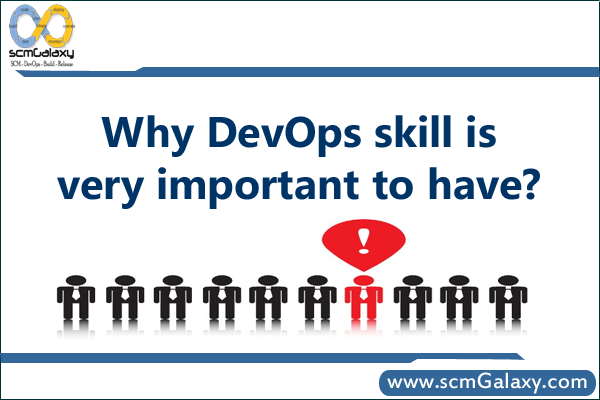A dashboard is an interactive tool that aggregates all your data into a single view. Analytics from multiple sources are contained in one place, making it easier to assess your DevOps progress. CI/CD has many features which need to be incorporated in Dashboad such a data from Version Control tools, Build Matrix, Code Analysis Matrix, Code Coverage Matrix etc. Having Centralized Dashboard help team and project to get the status of the activities in less time and increase productivity and less time in decision making.
OpenStack Dashboard
The OpenStack dashboard provides administrators and users a graphical interface to access, provision and automate cloud-based resources. The extensible design makes it easy to plug in and expose third party products and services, such as billing, monitoring and additional management tools. The dashboard is also brandable for service providers and other commercial vendors who want to make use of it.
The dashboard is just one way to interact with OpenStack resources. Developers can automate access or build tools to manage their resources using the native OpenStack API or the EC2 compatibility API.
Dashboard Capabilities
The dashboard is an extensible web app that allows cloud administrators and users to control their compute, storage and networking resources.
As a cloud administrator, the dashboard provides an overall view of the size and state of your cloud. You can create users and projects, assign users to projects and set limits on the resources for those projects.
The dashboard provides users a self-service portal to provision their own resources within the limits set by administrators.
Jenkins Dashboard View Plugins
This plugin contributes a new view implementation that provides a dashboard / portal-like view for Jenkins.You can add different portlets to your new dashboard with all sort of content in it.
Sonar Dashboard
Sonar dashboards are mostly based on PUSH mechanism, this is a step within maven which will push the details/results to the Sonar dashboard. This is best suited for build + unit test jobs.
- Sonar is more of an engineer’s dashboard.
- The level of granular details it provides is very useful for the engineer.
- Code coverage, Complexity etc which it reports are useful from the engineering point of view.
- Over all this gets good amount of data from once jenkins job is completed and pushed the data to sonar.
- The area where sonar lacks is that its not a useful tool for non-technical or management level crowd. The busy page with too much information will easily confuse a person who wants to look at the overall high level CI status.
- We need to have some level of instrumentation within our maven projects(POM) to get this integration going. At a high level we need to add a sonar:sonar goal from maven to push the results from jenkins->maven.
- This is more of a PUSH mechanism.
Configuration Manager 2007 Dashboard
The Microsoft System Center Configuration Manager 2007 Dashboard lets customers track application and operating system deployments, security updates, the health status of computers, and IT compliance with key regulations—with an easy to use, customizable Web interface. Because the Dashboard is built on Windows® SharePoint® Services, IT staff can access information without using the Configuration Manager console. The Dashboard is a free Solution Accelerator, and fully supported by Microsoft.
Key Benefits
Benefits of the dashboard include:
- Actionable information out of the box. The dashboard comes with valuable, built-in datasets that IT managers can access without using the Configuration Manager console.
- Centralized, near-real-time access to key information. The graphical dashboard lets customers view any Configuration Manager data set in near-real time—without leaving their desk.
- Easy to build and configure. The dashboard’s wizard-based tools let customers easily create new dashboards in minutes.
- Easy to customize. The dashboard can easily be customized to meet the needs of different departments and other groups. Any data set in the Configuration Manager database can be presented on the dashboard, in chart, gauge, and table formats.
- Flexible & interactive. Users can easily filter data and create ad hoc, custom views. Filters allow users to quickly drill down from high-level to more specific data.


